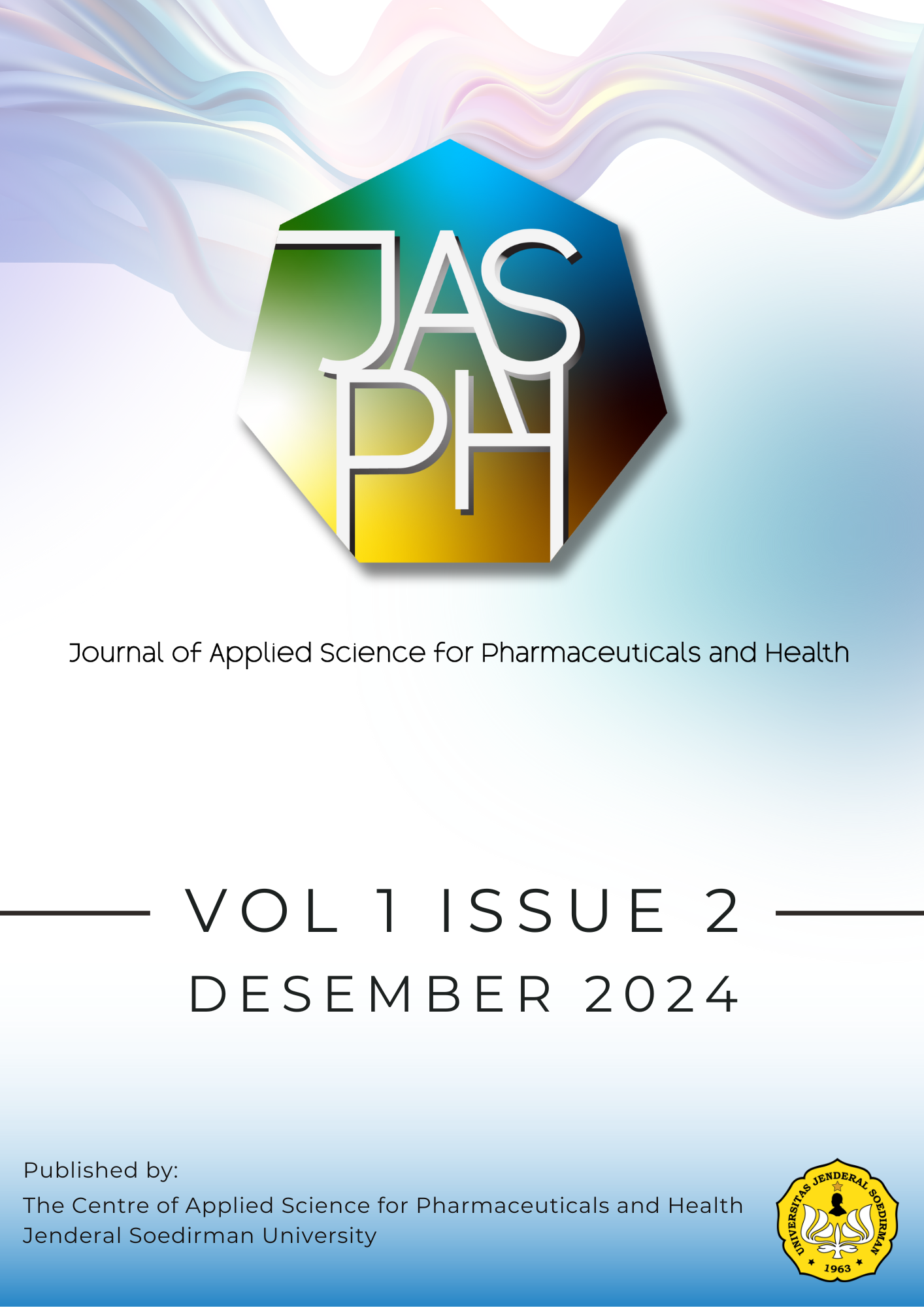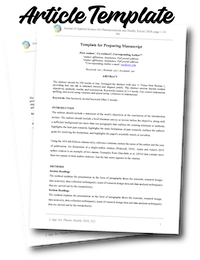Gambaran Fibrosis Tubulus Ginjal Tikus Putih (Rattus norvegicus) Hiperurisemik Yang Diberikan Bawang Hitam
Abstract
Hyperuricemia can cause damage to the kidneys through activation of the inflammatory cascade and an increase in free radicals. The level of damage that occurs in the kidneys can be seen through the picture of renal tubular fibrosis. Black garlic contains s-alyl cistein (SAC), tetrahydro-β-carbolines, alkaloids, and flavonoids that are thought to inhibit the work of the xanthine oxidase enzyme so that it can reduce uric acid and repair kidney damage that has occurred. The short-term goal of this study was to determine the picture of renal tubular fibrosis in hyperuricemic white rats given black garlic. The long-term goal to be achieved is the use of black garlic for prevention and or overcoming the negative effects of hyperuricemia on the kidneys. Rats were grouped into five groups: positive control, allopurinol group, 240mg, 480mg and 960mg black garlic groups. Induction of hyperuricemia was carried out by injection of potassium oxonate and the addition of cow brain for 14 days, followed by treatment. At the end of the study, termination and organ harvesting will be done to examine the picture of renal tubular fibrosis. This study is an experimental study. The results showed that the administration of various doses of black garlic can reduce fibrosis in hyperuricemia white rats (Rattus novergicus).








